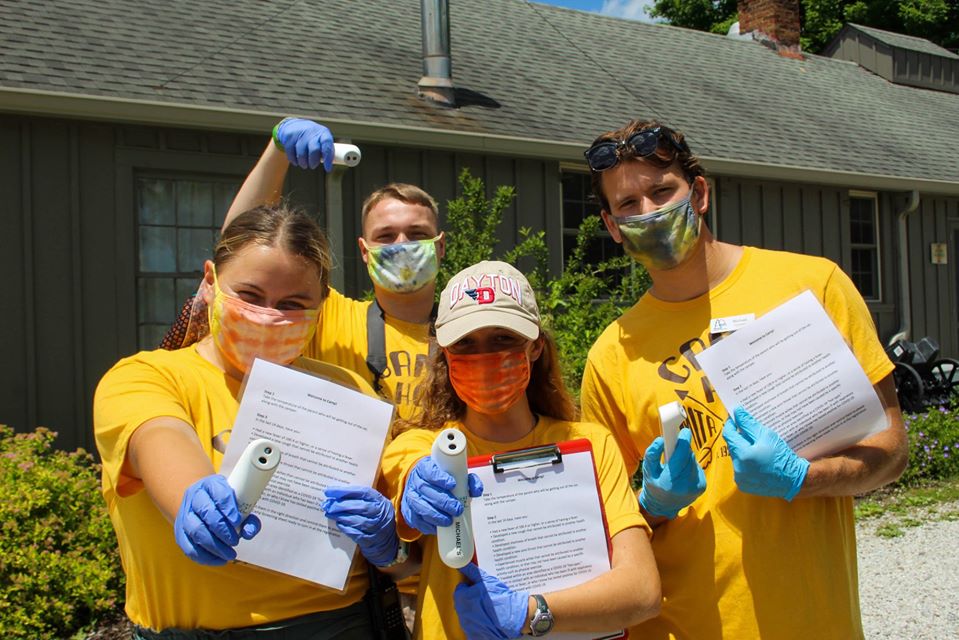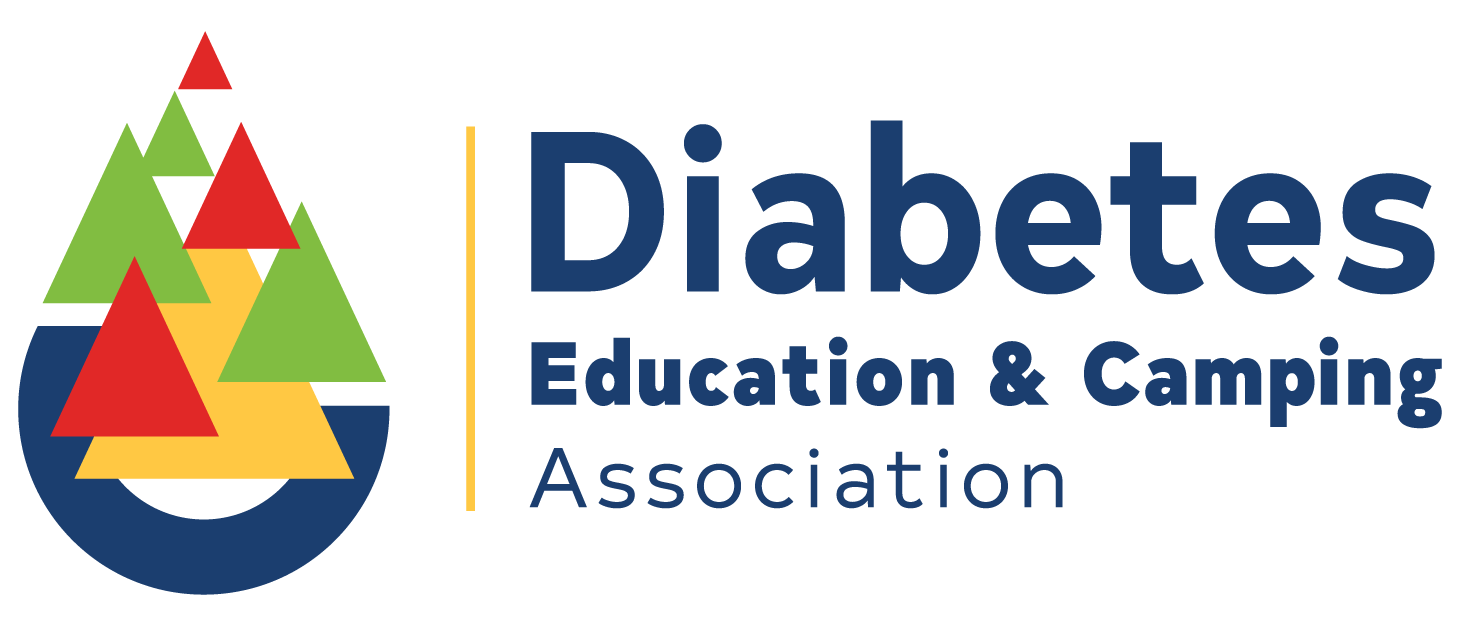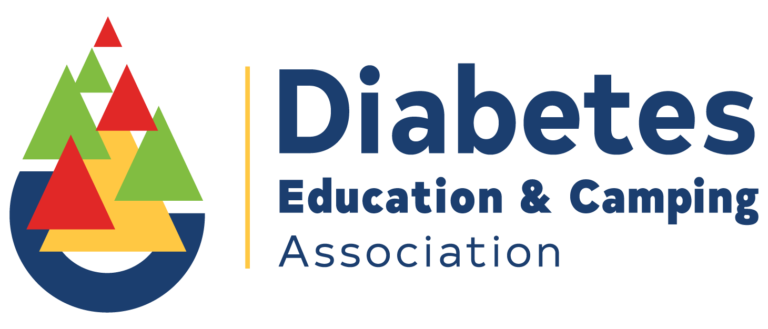Ian Roberts, Executive Director
Camp Ho Mita Koda

Unprecedented. ZOOM. Pandemic. Division.
When you hear these words, it is not hard to immediately flashback to the anomaly of 2020 that has come to define our world over for the last 700 days. The past two summer seasons for Camp Ho Mita Koda can easily be described as the strangest, hardest, scariest, and confusing years in its 93-year history. The result of decisions we have made, positive and negative, to help mitigate the pandemic has slowly become a norm in our operations and will likely last for many years to come.
One upside that has resulted from the pandemic is the incredible, and in some cases overdue, opportunity to take a deep dive into reviewing, revising, and updating all of our policies and procedures with regard to every single aspect of camp operations. Moreover, this summer proved to be an excellent, real-world exercise in flexibility, creativity, and most importantly, management of mental health.
As we look forward to this coming summer, there are again so many questions. What new protocols will the CDC and Department of Health put in place? Can we bring these lessons from the past and put them in place again with the same outcomes? What else can we adapt to make a safer summer for the campers and allow them to have a fantastic time after another long and challenging school year? How will the vaccine play into decisions for parents, and what new cautions will we need to take as a result?
While much learning that has occurred this season, there were a few distinct areas that really stuck out as “pivotal moments”. These moments of surprise and clarity provided us with new perspectives on what challenges we may face during the season, with opportunities to be proactive instead of reactive in ensuring that camp was a success.
- Change how you normally communicate with parents and expect more concerns.
In 2021 we experienced a significant increase in the number of very vocal concerns around COVID, masking, vaccines, etc. Our parents suffered from COVID-Fatigue and were so overwhelmed with finances, jobs, sick family members, and kids with ever changing school formats. We know that this phenomenon wasn’t really about the small issues at camp, like a kid not liking what was for lunch. Rather, it was an overwhelmed parent feeling like changes to camp (and to what they have come to expect for years) was just one more frustration to have to deal with and needing an outlet for venting. I encourage camp professionals to keep this in mind and to not take everything personally. There is always a natural instinct to win an argument, but in these situations, it’s easier to say, “thank you, I hear you, and I’ll circle back.” - Consider creating small group cohorts based on the camper’s learning environment from this school year (in-person, virtual, hybrid, homeschool, etc).
Based on the individual learning environment, campers will ultimately behave differently when placed back into a group setting. Some kiddos may act younger than their age, some may act more immature, and some may be more reserved or more aggressive than normal as they all re-learn how to fit into a group of campers with varied experiences this past year. By grouping children from a similar learning environment, you can tailor a program to ‘meet them where they are’ emotionally, mentally, and physically to best set them up for success through intentional activities. Trust me, your staff will thank you. - Be intentional with supporting staff and their mental health.
Mental Health has become a hot topic this past year and was one of the biggest items that we did not account for in 2021 and struggled with. Moving into a COVID 3.0 season, it is important to be intentional in staff training to allow staff to have an opportunity to find time and space to work out their fears and insecurities and re-build friendships. This is not as easy as it once was in a world ruled by social media and limited personal connection. Set the expectation up front that summer camp can be demanding, while providing “outs” for those who need a moment or someone to speak with. Touchpoints and communication are key to keeping staff feeling good and in the right from of mind.

